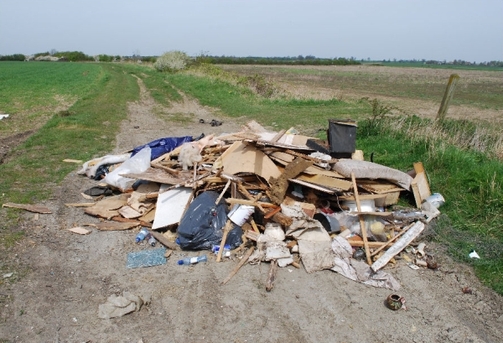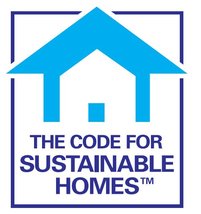- Home
- Project Waste
- Statistics
- What's Wasted
- Why is it Wasted
- Material Lifecycle
- Recycling
- Landfill
- Smart Manufacture
- Design for Disassembly
- Simple Construction
- Avoiding Wasteful Techniques
- Legislation & Policy
- Case Studies
OVERVIEW:
This page looks at industry legislation and government policy on waste that’s affects the UK.
UK Government Policy
Site Waste Management Plans (SWMP)
SWMP's are required for projects over £300,000. SWMP’s have been mandatory since 2008 with the aim at reducing illegal waste from construction. They affect suppliers to the construction industry, people or business and local authorities. Failing to have a SWMP is punishable by a fine or imprisonment.
For more information on SWMP’s click here.
For more information on SWMP’s click here.
Code For Sustainable Housing
Code for sustainable homes, is a national standard for sustainable design and construction of homes. Its aims are to achieve zero carbon construction and awards homes that accomplish the goal with a ‘star rating’. SWMP’s are a standard under the code
Under the code points are awarded:
Under the code points are awarded:
- Where the site waste management plan includes procedures and commitments that minimise waste generated on site in accordance with WRAP/Envirowise guidance
- Where the plan includes procedures and commitments to sort, reuse and recycle construction waste either on site or through a licensed external contractor
Sustainable Procument Action Plan
Sustainable procurement is a spending and investment plan that focuses on environmental, economical and social benefits rather than just profit.
In 2005 the UK government set up the sustainable procurement task force to create a plan to be among the leaders in sustainable procurement in the EU. As a result the government created a plan to reach this goal by 2010
to read more on the sustainable procurment plan click here
In 2005 the UK government set up the sustainable procurement task force to create a plan to be among the leaders in sustainable procurement in the EU. As a result the government created a plan to reach this goal by 2010
to read more on the sustainable procurment plan click here
WRAP Construction Targets
WRAP - Waste and Resources Action Programme is working towards a world without waste its targets are:
For more info on WRAP targets click here
- 1.7 million tonnes of materials diverted from landfill or avoided being extracted from primary sources
- £10 billion value of construction projects where requirements are set for waste minimisation, recycling and recycled content
- £50 million saving to the construction sector from minimising site waste and recycling more waste
For more info on WRAP targets click here
Government Eco-towns
As housing accounts for 27 percent of carbon emissions, the government is looking to local government and the private sector for affordable sustainable housing with the aim of zero carbon housing. These eco-towns will have between 5-20000 homes with a first phase of 5 schemes.
The orignal report with information on the first phase:
original prospectus (2007)
This report on the issues with current developments is intended to help make future proposals easier:
Eco-towns - Strategic Delivery Issues (2009)
original prospectus (2007)
This report on the issues with current developments is intended to help make future proposals easier:
Eco-towns - Strategic Delivery Issues (2009)
UK and EU regulations
UK law on waste is mainly shaped by European Union directives with some impact from global treaties such as the Kyoto protocol which the UK has signed and ratified requiring us to reduce emissions 8% by 2012 in the hopes of stopping global warming.
These directives have been implemented in the following uk laws:
UK law and EU directives are outlined here
These directives have been implemented in the following uk laws:
- The Environmental Protection Act 1990
- The Control of Pollution (Amendment) Act 1989
- The Waste Management Licensing Regulations 1994 (as amended)
- The Controlled Waste (Registration of Carriers and Seizure of Vehicles) Regulations 1991
UK law and EU directives are outlined here






